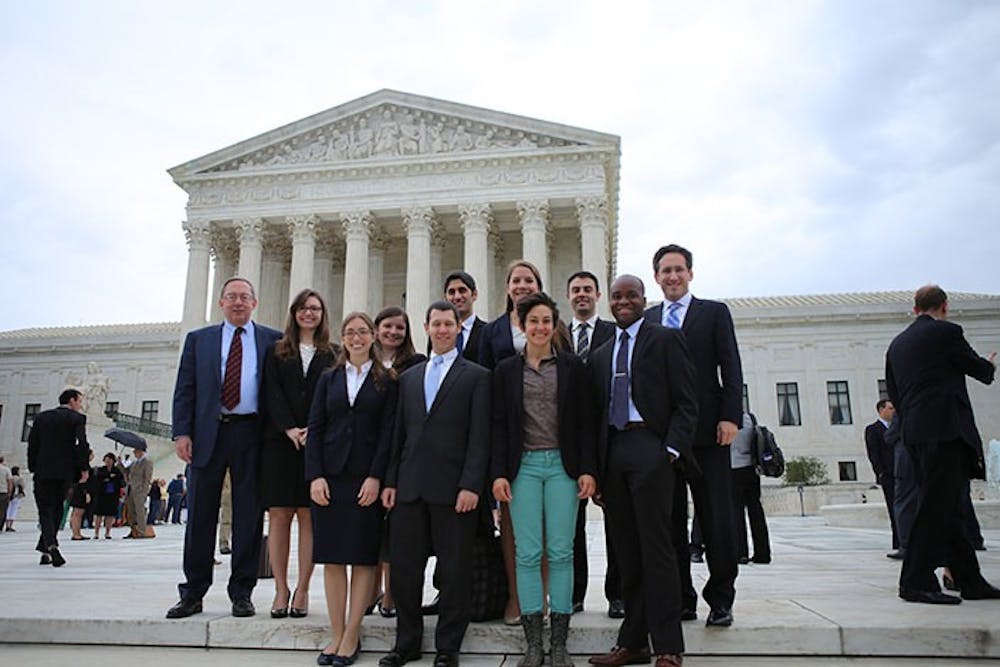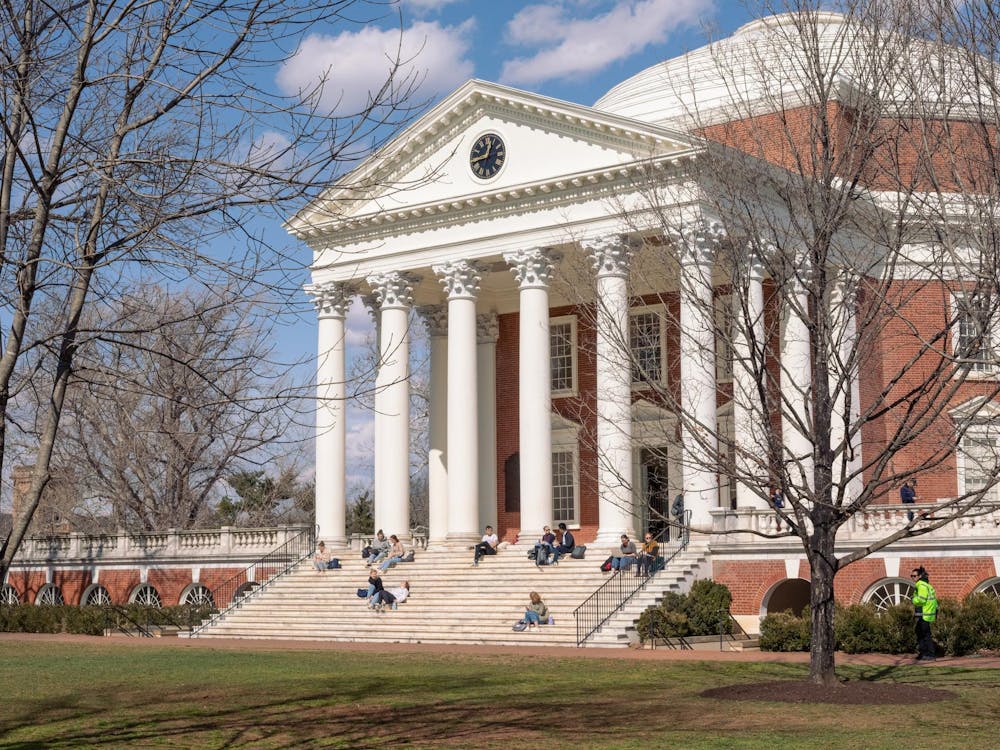The Supreme Court ruled unanimously Tuesday in favor of Law School Prof. Douglas Laycock in the Holt v. Hobbs case, in which Laycock represented Abdul Maalik Muhammad, an inmate at an Arkansas correctional facility who was not permitted to grow a half-inch beard despite its importance to his Muslim faith.
Laycock said the overall experience was positive, especially considering the direct help he was able to provide Muhammad.
“This experience was very rewarding,” Laycock said. “Usually you don’t get to deal with the client in person, but in this case I was his only contact with the outside world, so it was very gratifying to be able to help him.”
Laycock said prior to the case’s outcome, 42 states had laws in place permitting only a half-inch beard — and in some cases did not allow for a beard of any length.
“Prison officials are used to exercising a great deal of power,” Laycock said. “[They] can be very arbitrary about it and have a low regard for the rights of inmates.”
But Laycock said the right of religious expression has great significance to prisoners, and is essential to well-being of many of those who are incarcerated.
“It’s the only thing they have to hang on to as a source of comfort,” Laycock said. “This issue is very important to those who believe it.”
Laycock said he hoped this victory would facilitate inmates’ free expression of religion, and said the Court’s ruling should have broad effects reaching beyond this specific case. The length of inmates’ hair, special diets, permission to keep sacred objects in a cell and gatherings for worship are all similar issues which have yet to be addressed, he said.
In terms of the expected outcome of and preparation for such litigation, Laycock said he spent considerable time anticipating the opposition’s likely arguments, but thought his client’s case would prevail.
“I was reasonably confident, but nothing is 100 percent certain in litigation,” Laycock said. “It was important to prepare as if we would be fighting uphill all the way.”
Due to the fast-paced nature of Supreme Court case review, Laycock said it was especially important to quickly comprehend the opposition’s argument and formulate a counter in an efficient manner.
“The way to prepare is to anticipate and refine your answer to say as much as possible,” Laycock said. “There was not much that we didn’t anticipate.”





